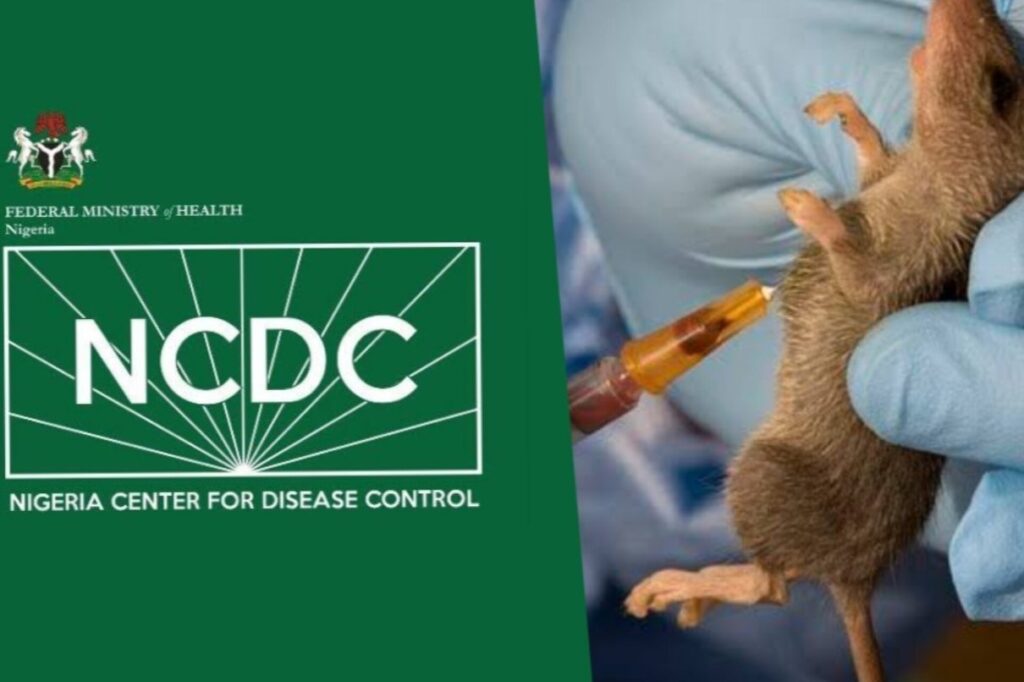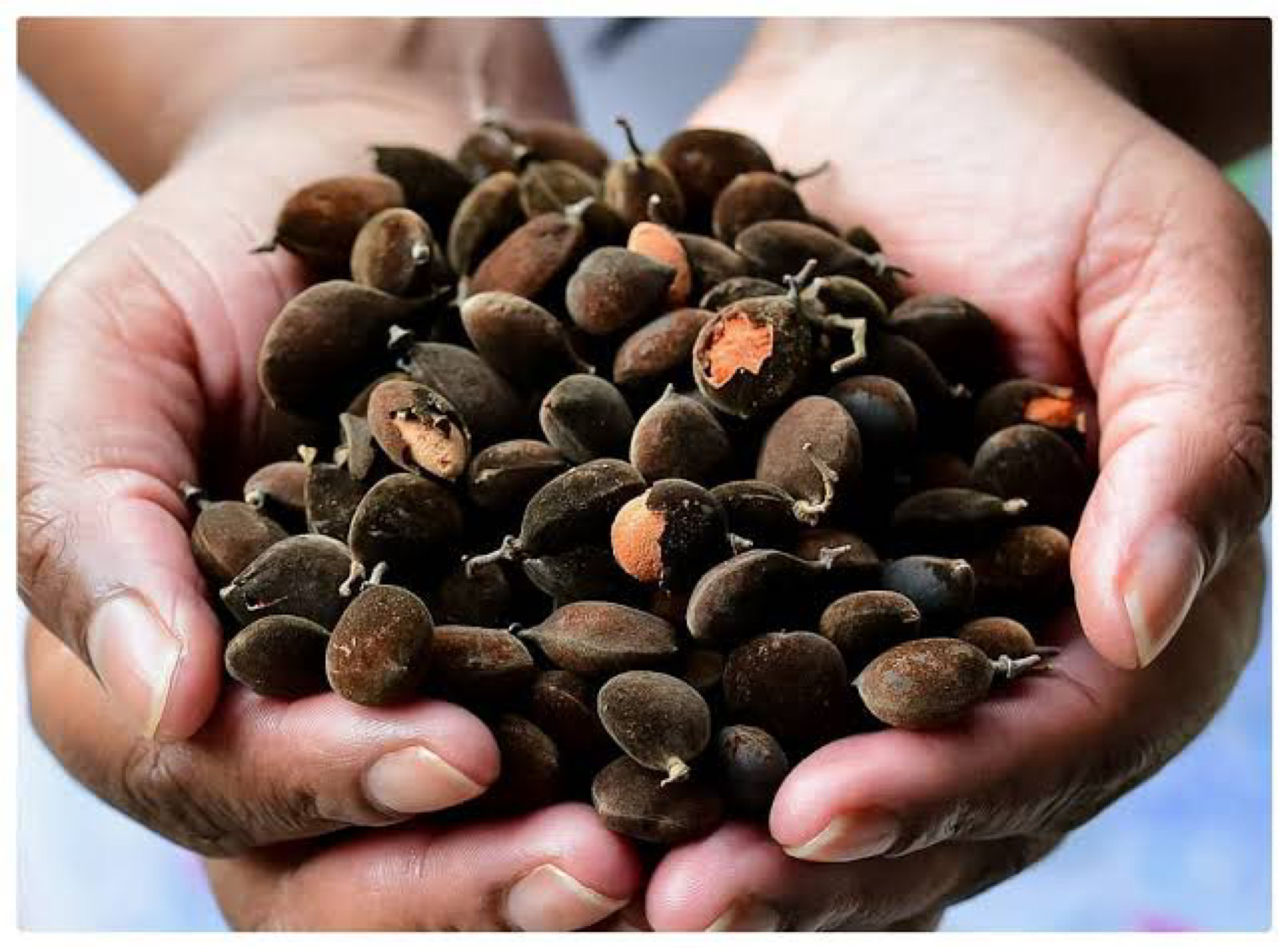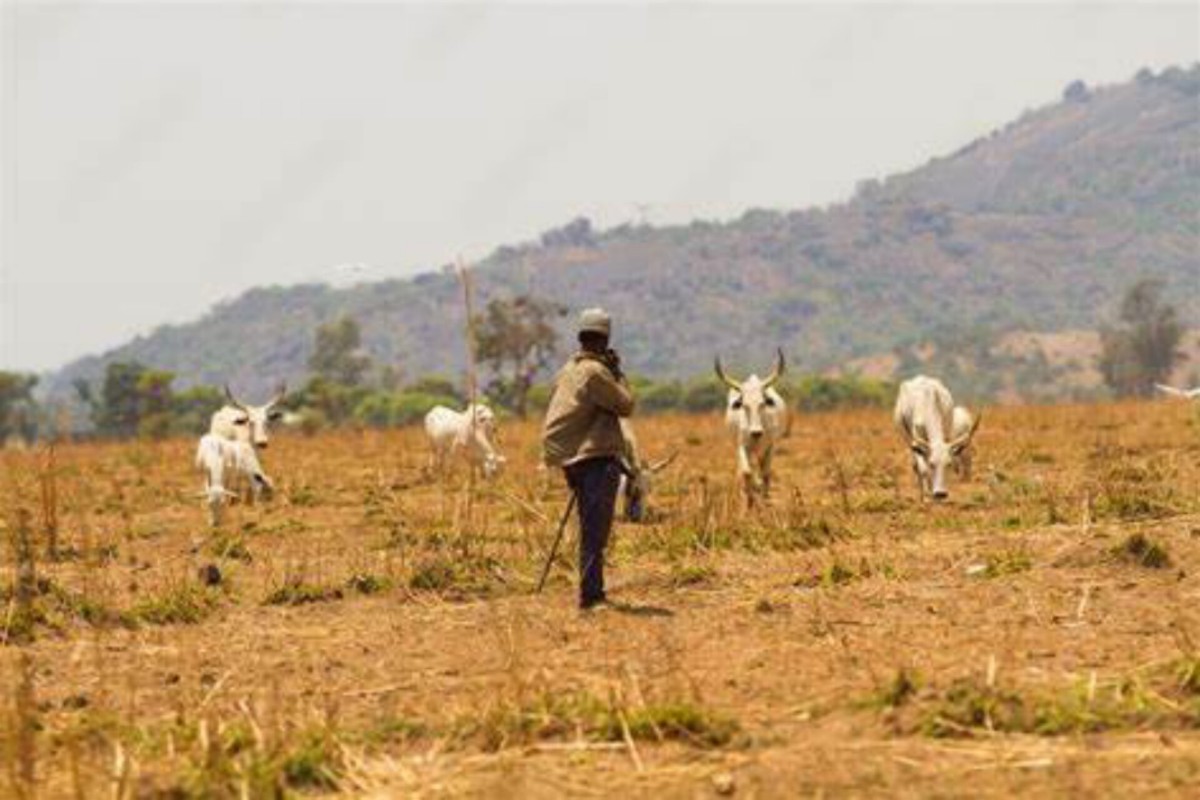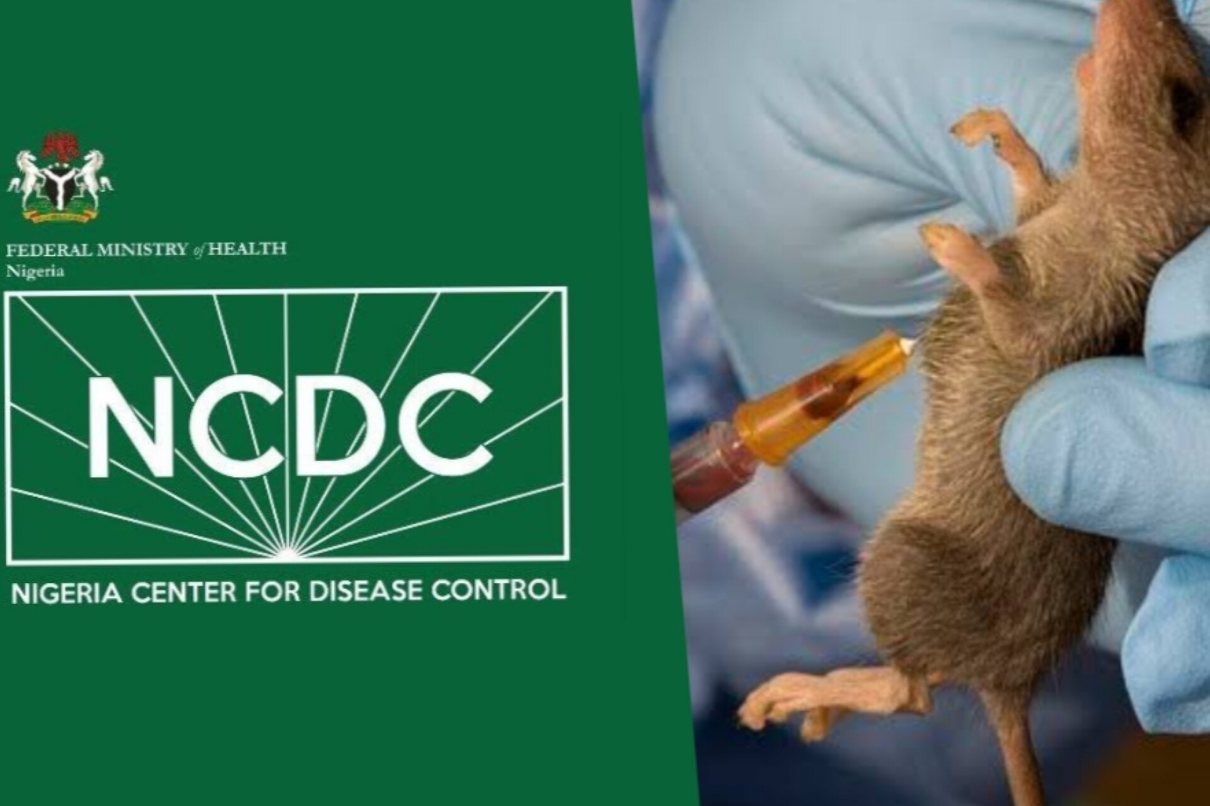
The Nigeria Centre for Disease Control and Prevention (NCDC) has verified that Nigeria has documented 832 confirmed cases of Lassa fever and Mpox.
During a press briefing held on Friday in Abuja, the agency’s Director General, Dr. Jide Idris, disclosed that 132 deaths were attributed to Lassa fever and three to Mpox.
While noting a recent decrease in Lassa fever cases during epidemiological week 16 (ending April 20, 2025), he cautioned that the overall risk remains elevated, particularly in areas where the disease is endemic.
“Cumulatively, as of week 16, Nigeria has reported 4,253 suspected cases of Lassa fever, 696 confirmed cases, and 132 deaths, resulting in a case fatality rate of 19.0 percent,” he stated.
Dr. Idris credited recent progress to enhanced surveillance, improved treatment efforts, and increased community engagement. However, he stressed the ongoing need for alertness and cooperation to maintain these gains.
Concerning Mpox, the NCDC head revealed that three fatalities have been recorded in 2025—two in Abia and Ebonyi States in week 10, and one recently in Rivers State involving a patient co-infected with HIV and tuberculosis. As of week 16, 723 suspected cases and 136 laboratory-confirmed cases of Mpox have been reported across 35 states and the Federal Capital Territory (FCT). The national case fatality rate is currently at 2.2 per cent.
“The epidemic curve reveals multiple peaks in Mpox cases, indicating ongoing transmission. While most states have reported suspected cases, confirmed infections are heavily concentrated in Nigeria’s southern and central regions,” Dr. Idris noted.
To combat these outbreaks, the NCDC has activated its Emergency Operations Centre (EOC), dispatched National Rapid Response Teams to affected states, and prepositioned critical medical supplies, including personal protective equipment and laboratory consumables. Five additional Mpox diagnostic laboratories have also been established in Bauchi, Kano, Cross River, Rivers, and Enugu States.
“Healthcare workers are undergoing specialized training in infection prevention, case management, and cerebrospinal meningitis (CSM) care. Community outreach is being strengthened through public awareness campaigns, media engagement, and targeted health communication strategies,” he added.
On cerebrospinal meningitis, Dr. Idris reported a steady decline in new cases and deaths over the past three weeks. He attributed the progress to effective vaccination, prompt treatment, and adaptive surveillance strategies tailored to real-time data.
“Although the situation remains serious, strong national and state-level coordination is showing positive results. The response will continue until full containment is achieved and states take full ownership of the CSM Incident Action Plan,” he said.
Dr. Idris also voiced concern about the increasing Mpox trend since its resurgence in 2017, with notable spikes between 2022 and 2024, placing Nigeria among the most affected nations globally. He cautioned that underreporting and delayed data entry remain obstacles that require urgent attention to ensure accurate and timely outbreak responses.
A national mortality review for the recent Mpox deaths is being organized to further evaluate the effectiveness of the response and pinpoint areas for improvement.
The NCDC reiterated its dedication to protecting public health through prompt surveillance, transparent reporting, and coordinated national response mechanisms designed to reduce disease burden and prevent future outbreaks.
A Gentle Reminder: Every obstacle is a stepping stone, every morning; a chance to go again, and those little steps take you closer to your dream.
Nnamdi Okoli









































































